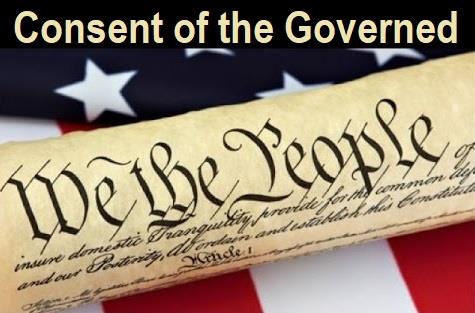
Jun 17, 2024 | GAWTP Featured Post
June 17, 2024
Dallas County Republican Party
Chairman
LTC Allen West (RET)
Calls for 3rd Party Audit of Dallas County
Elections Processes
BEFORE the November 5 2024 Election
Today, in his signature “straight talking” style, Dallas County Republican Party Chairman Allen West held a press conference to release An Open Letter to Dallas County Voters.
In the detailed statement, West makes a solid detailed case for a third-party audit of Dallas County Election Processes. Dallas County has long been known for questionable election processes and procedures.
Most recently, March Republican Primary candidate HD 108 Barry Wernick’s recount uncovered high value election process evidence needed to push Republicans to secure elections for November.
Grassroots America applauds Chairman West for his bold leadership to restore confidence in Dallas County election results.
Dallas County Republican Party Chairman West: “It is imperative that we provide confidence in our Dallas County election systems. There have been many recent issues with voting system equipment, processes, operating procedures, and protocols with elections in Dallas County. In the aggregate, these have led to a serious erosion of electoral confidence in the County’s declared election results, and we propose lawful solutions to address these concerns.
“There has never been a serious third-party examination and analysis of Dallas’s voting system equipment, processes, procedures, and protocols. Now is the time.”
Be sure to read Chairman West’s detailed case – PROPOSALS FOR TRUSTWORTHY TABULATIONS & RELIABLE AUDIT TRAIL here.
Note: If you are aware of specific, detailed operational proposals and plans to secure YOUR county’s election processes and procedures as we head into the November 2024 Presidential Election, please send a copy to TCGCoalition@outlook.com.

Jul 4, 2021 | GAWTP Featured Post
First Principles of Liberty: Know Them! Use Them! Teach Them!
View every action of every level of gov’t through these!
First principles: the foundation of American freedom and liberty. Rejecting the oppression of their British rulers, America’s Founding Fathers established the American republic on our First Principles to secure our freedom and liberty.
We are the only nation with a unique creed of liberty based on the self-evident truths that all men and women are created equal and are endowed by their Creator with certain unalienable rights; and that governments are instituted to protect those rights and derive their just powers from the consent of the governed. Stated differently, America was founded on certain First Principles:
♦ The rule of law is a First Principle that mandates that the law governs everyone.
♦ The First Principle of unalienable rights recognizes that everyone is naturally endowed by their Creator with certain rights.
♦ Equality is a First Principle that recognizes that all persons are created equal.
♦ The First Principle of the Social Compact recognizes that governments are instituted by the people and derive their just powers from the consent of the governed.
♦ The First Principle of limited government means that the protection of unalienable rights is the legitimate purpose and limit of government and requires the government to be strong enough to fulfill its purpose – yet limited to that purpose.
♦ Final First Principle – the right to declare revolution when the other First Principles are being routinely and repeatedly infringed by the government over the objections of the People.
Our Declaration of Independence declares these foundational principles as the philosophical underpinning of the American Revolution. Once independence was secured, the Founders labored to ensure that the Constitution was the embodiment of a government based on these First Principles.

